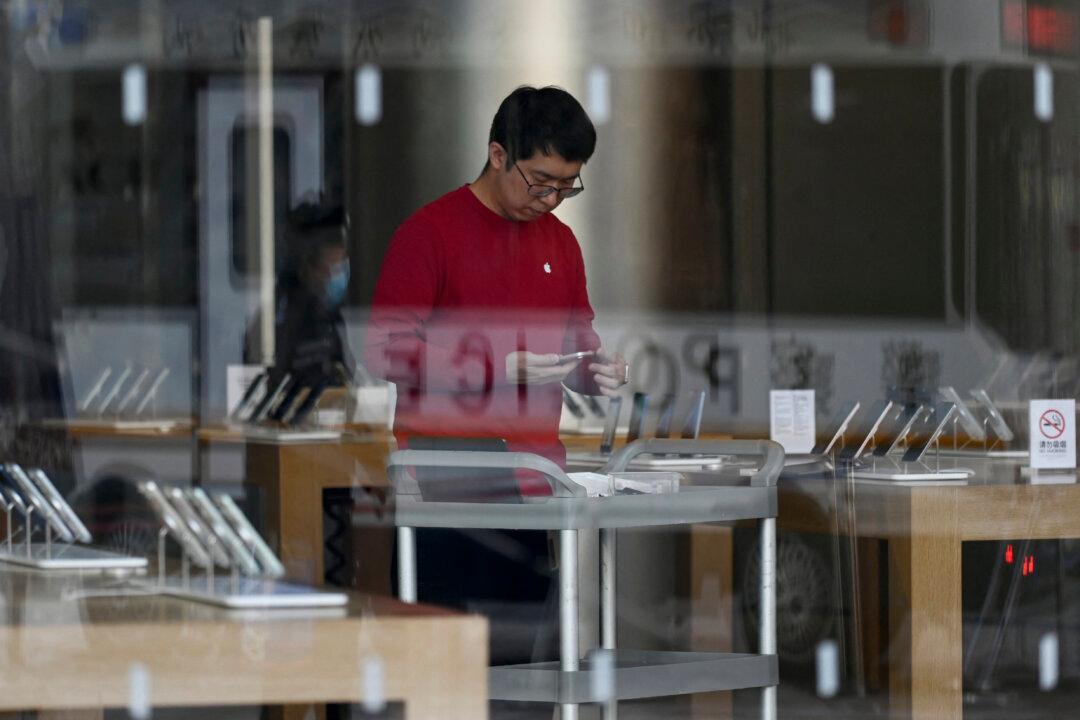The unfolding real estate crisis in China has led to a marked decrease in the purchasing power of its middle class. This shift is evident in the declining sales of products usually favored by this demographic, such as Apple’s latest smartphones, pianos, luxury cars, and high-end watches.
In early 2024, Apple’s smartphone sales in China saw a dramatic 30 percent drop compared to the year-ago period. Attempting to counteract this trend, Apple introduced a “Spring Festival Limited Time Offer” on Jan. 15 on its official Chinese website. This unprecedented move included discounts on a range of products, with savings of up to 500 yuan (about $70) on smartphones and up to 800 yuan (approximately $110) on the MacBook Air.






